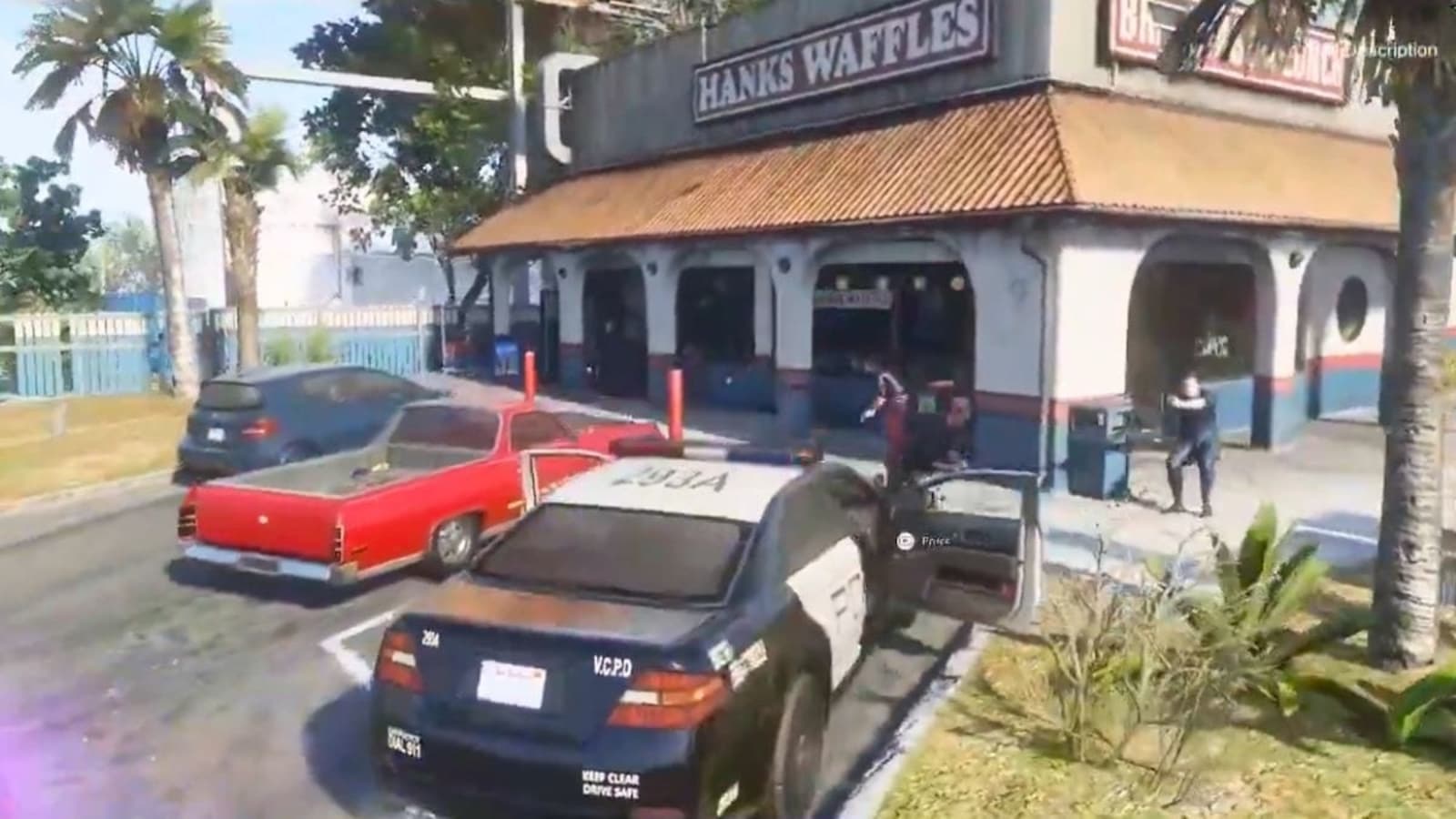When the pianist Adam Tendler received an inheritance — really, a manila envelope stuffed with cash — it did not take him long think of a smart way to put it to use.
Weeks after his father’s death, and being handed that money, Tendler began to commission new piano solos around the theme of inheritance. As he recalled in an essay for The New York Times, he realized that by doing this, he could both process his grief as well as fashion a program that could live on in his creative practice.
It’s a touching and sagacious concept — though hardly one guaranteed to be an artistic success. The classical world has seen a number of similar, small-scale commissioning initiatives since the beginning of the pandemic; even when they draw some of the brightest names in the field, as Tendler has done, the result has often seemed frustratingly diffuse.
But Tendler’s project, “Inheritances,” registered as emotionally involving — a musically rewarding and tightly plotted 80-minute set when he performed the collection on Saturday at the 92nd Street Y, New York. It was presented in collaboration with Liquid Music, the group that helped the pianist develop the show over multiple years.
More on N.Y.C. Theater, Music and Dance This Spring
Nearly every one of the 16 composers on the bill responded to Tendler’s prompt with an A-game effort. Missy Mazzoli’s “Forgiveness Machine” opens with nervy, high-register oscillations that give way to grave bass interjections, before making space for a more relaxed treatment of melody in its middle section. But the score isn’t a simplistic journey toward acceptance: Some of the initial mechanistic churning returns at the close.
Other composers reveled in similar ambiguity: music that suggested some arc of understanding, while also observing the persistent notes of friction in a relationship. In its opening bars, Scott Wollschleger’s “Outsider Song” includes sustained-tone airs of mourning, stark prepared-piano pitches and bursts of extended technique. So far, so typical, you might think, at least when it comes to post-John Cage experimentalism.
But before long, Wollschleger’s piece works a gorgeous changeup by allowing its more striated tones to flower into full motivic passages, beautiful on their own terms even as the overall harmonic world remains somber. Call it a small masterpiece — a term you might also apply to Timo Andres’s “An Open Book,” which moves between contrapuntal strictures and more free-associative lines with casual discipline.
It was a joy to hear so much good music from so many contemporary artists — and in such quick succession; “Inheritances” moves fast, and without an intermission. Just as I was fully appreciating the dancing qualities of Angélica Negrón’s aesthetic in “You Were My Age,” the rug was pulled, giving way to the melodic gifts of John Glover’s “In the City of Shy Hunters.” When Christopher Cerrone’s hypnotic and meditative “Area of Refuge” ended abruptly, without the kind of closing, inventive flourishes I’ve come to treasure in his music, I glanced at the program notes and learned that it was written shortly after his own father’s unexpected death.
If any piece appeared less distinct than what had come before, that was largely on account of the strong standard set by this cohort. Throughout, you could hear some artists plying familiar ground with assurance. That was the case with Pamela Z’s “Thank You So Much,” which relied on her practice of looping, editing and phasing samples of someone’s recorded voice — here, Tendler’s — to create motifs.
Some composers took risks, as Marcos Balter did when punctuating the more abstruse edges of his piece, “False Memories,” with select, dreamy sequences of jazz-chord harmony. His program note said that this idiom was not usual for him, but that’s no reason for him to stop pursuing the line of thought in future pieces; the result on Saturday was transporting.
It would have been enough for Tendler to perform these discrete compositional languages persuasively and call it a night. But there was also a sense of true dramatic stakes. The piece “hushing,” by inti figgis-vizueta, played out over archival video of Tender as a child; the intense chordal pounding of the piece had the feel of eerie, silent-film piano accompaniment. And I teared up when Tender spoke directly about his father over Darian Donovan Thomas’s gently reflective work “we don’t need to tend this garden. they’re wildflowers.”
Tendler’s concert, by the end, amounted not only to a display of contemporary compositional force, but also a true show. The 92nd Street Y date was a one-night affair, but I hope that additional audiences can experience the live version of “Inheritances” — and that Tendler chooses to close the book on it with a recorded album.
Adam Tendler
Performed on Saturday at the 92nd Street Y, New York, Manhattan.























